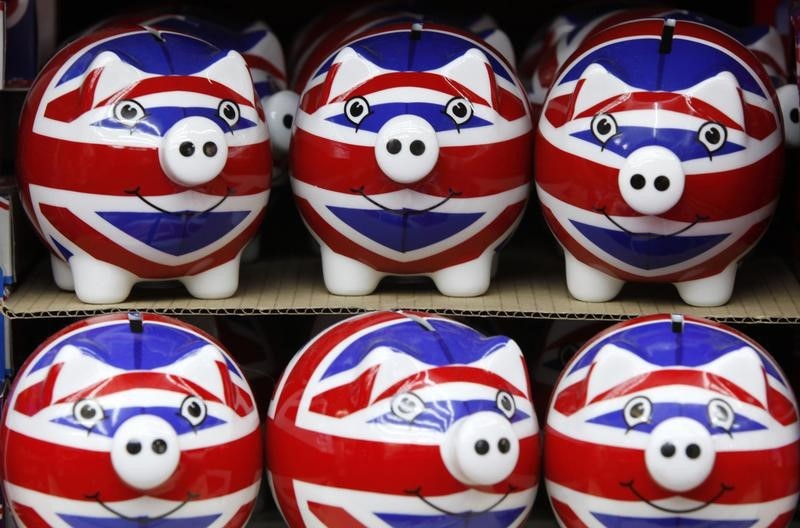Gold prices set for weekly gains on dovish Fed outlook; silver near record high
By Jamie McGeever
LONDON (Reuters) - Uncertainty surrounding Britain's vote on whether to stay in or leave the European Union has left small and medium-sized British companies facing a 35.6 billion pound currency risk, a report said on Wednesday.
It is the amount of international payments potentially exposed to foreign exchange market swings because British SMEs have not committed to long-term currency contracts ahead of the June 23 referendum.
The study of 730 British SMEs by international payments firm World First and pollsters YouGov showed that despite a 75 percent rise in sterling volatility during the first quarter SMEs only extended the length of their FX protection by 35 percent.
British SMEs often protect themselves against exchange-rate volatility by locking into longer-term forward contracts. The study shows a bucking of this trend due to fears of what may happen in the referendum.
"The uncertainty around the outcome of the EU referendum has hindered SMEs' ability to plan ahead and this is typified by indecision amongst SMEs when it comes to managing their currency strategies," said Jeremy Cook, chief economist at World First.
"The fear is that by failing to hedge themselves much beyond June 23, many UK SMEs are putting themselves at the mercy of large currency swings which could be detrimental to their business and the wider economy."
The report also showed that 31 percent of firms were worried about the impact uncertainty could have on their business, 55 percent thought that sterling will remain be volatile in Q2 and 13 percent predicted it will be very volatile.
The euro zone is Britain's biggest trading partner and the euro was the most traded foreign currency amongst British SMEs, accounting for nearly half (49 percent) of all foreign currency trades.
Sterling volatility has soared as the vote draws closer, reflecting far greater anxiety in financial markets than that seen around the Scottish referendum in 2014.
The three-month implied volatility in sterling/dollar - used by investors and many companies to hedge currency exposure, and a gauge of how sharply the currency is expected to move - rose to 16 percent earlier this month, its highest since the May 2010 general election.
